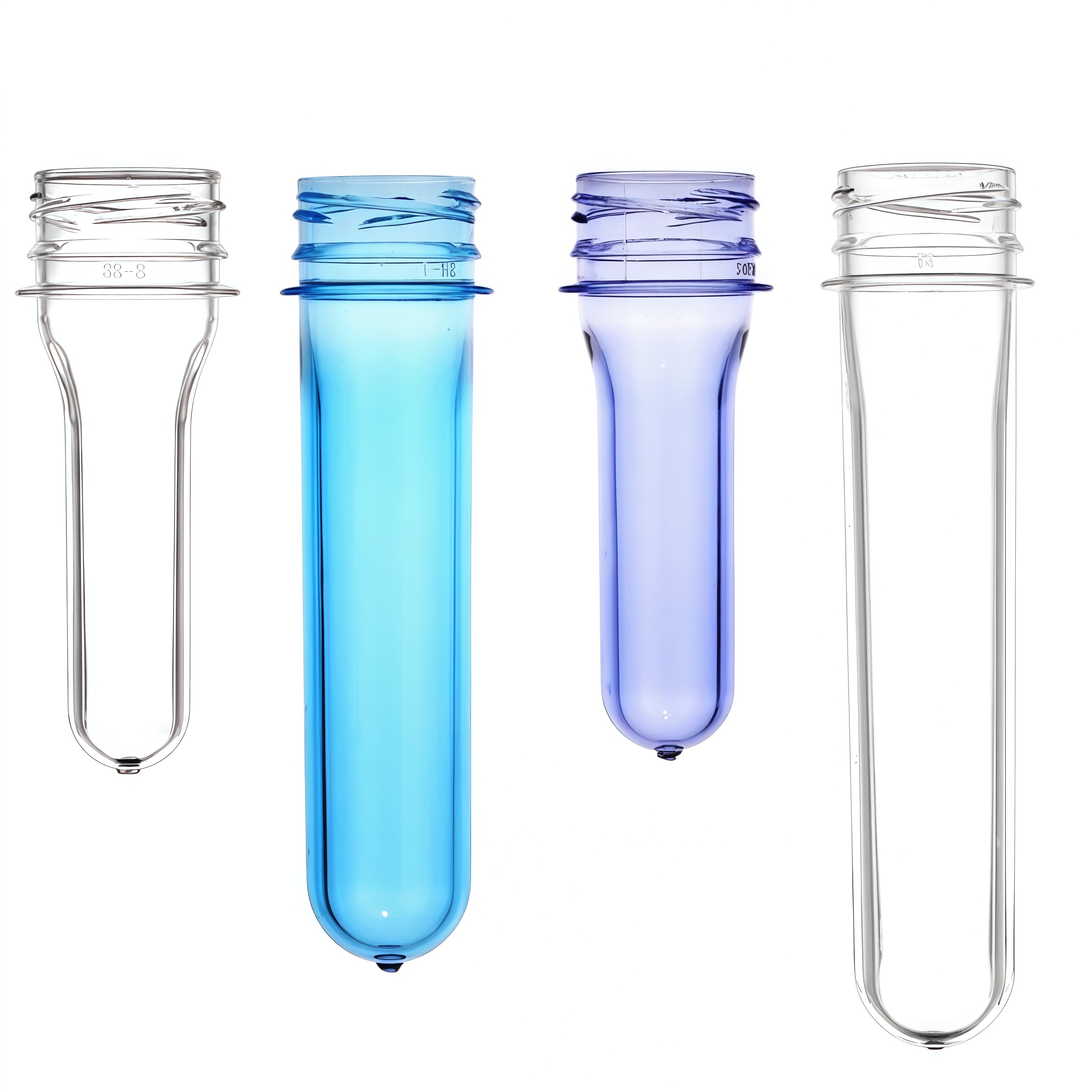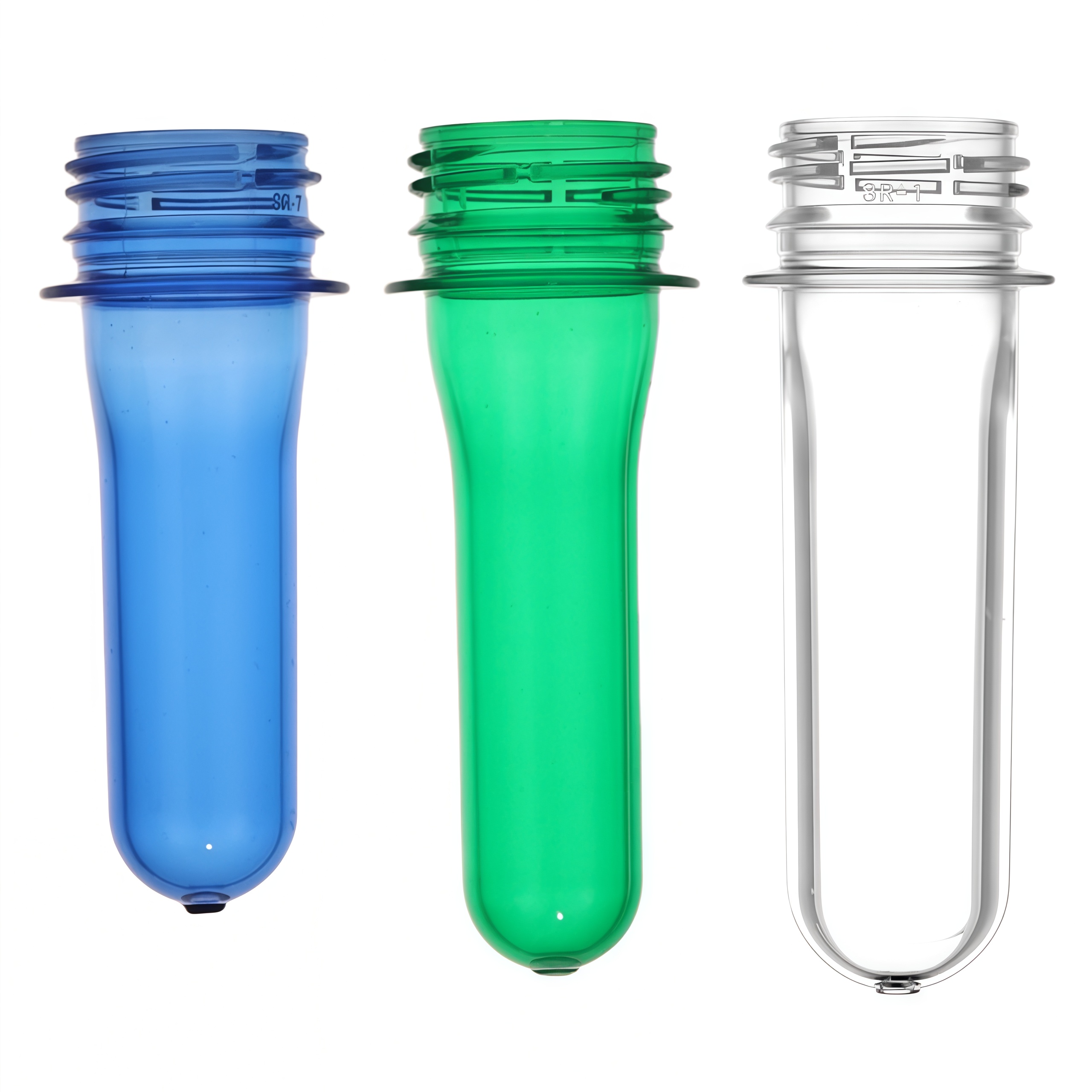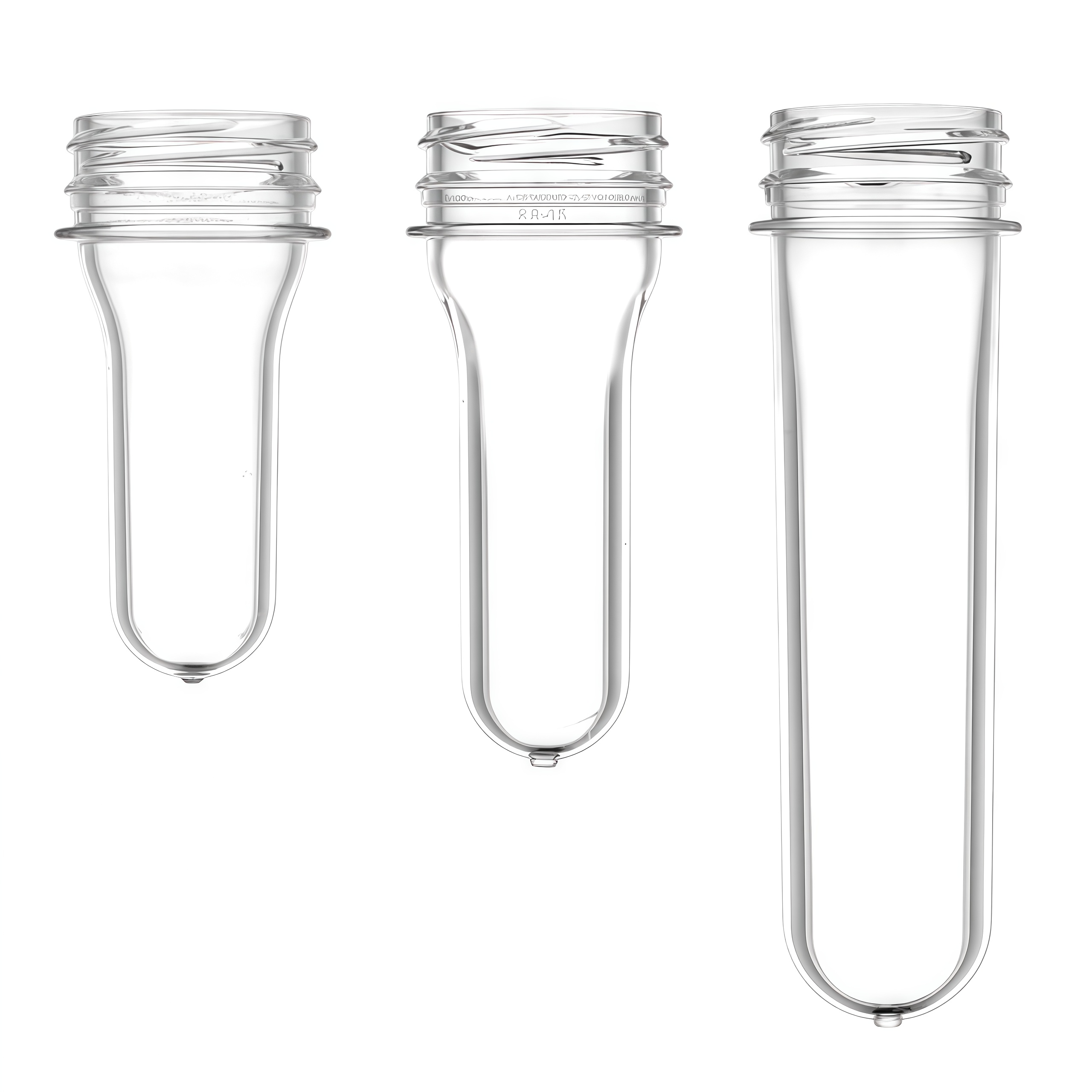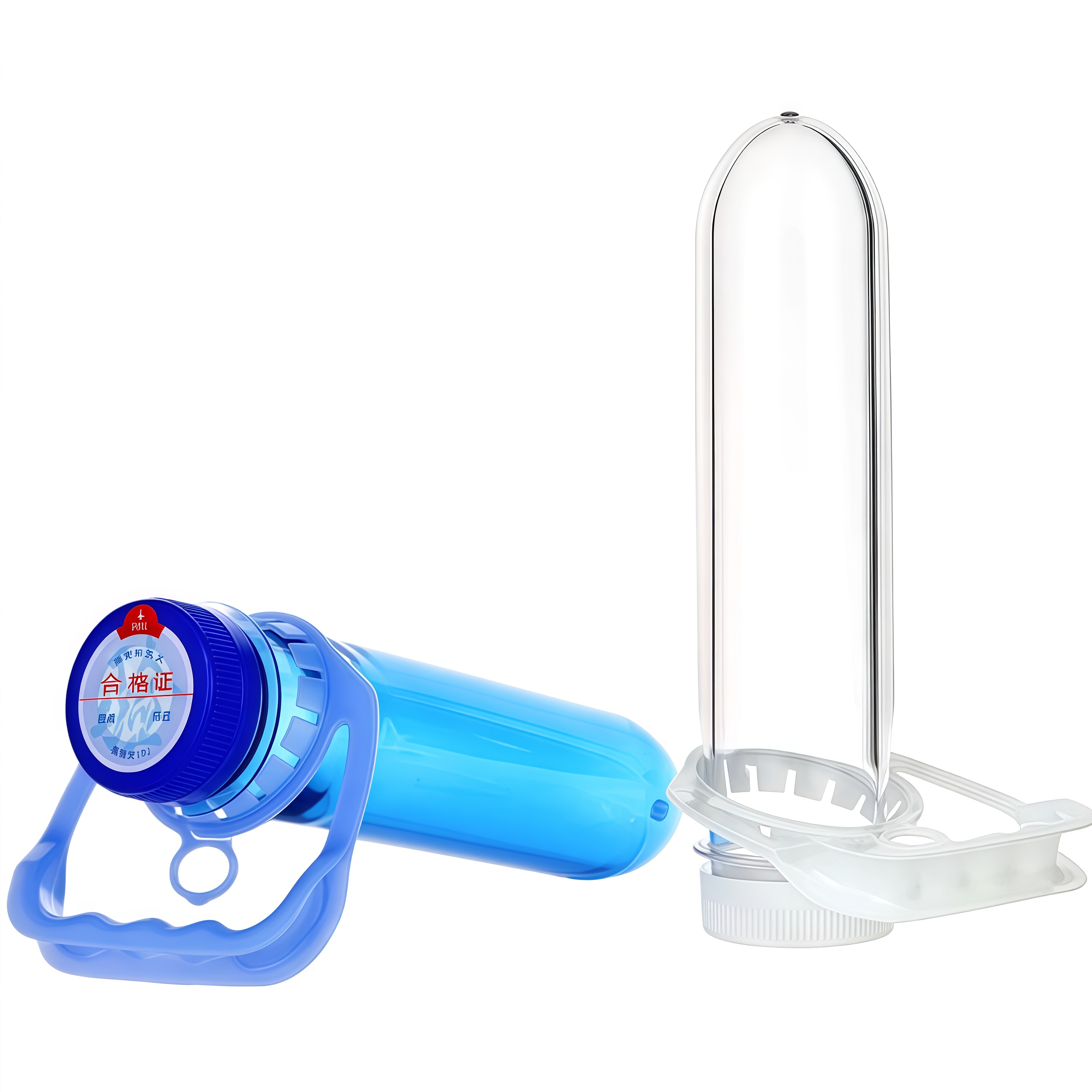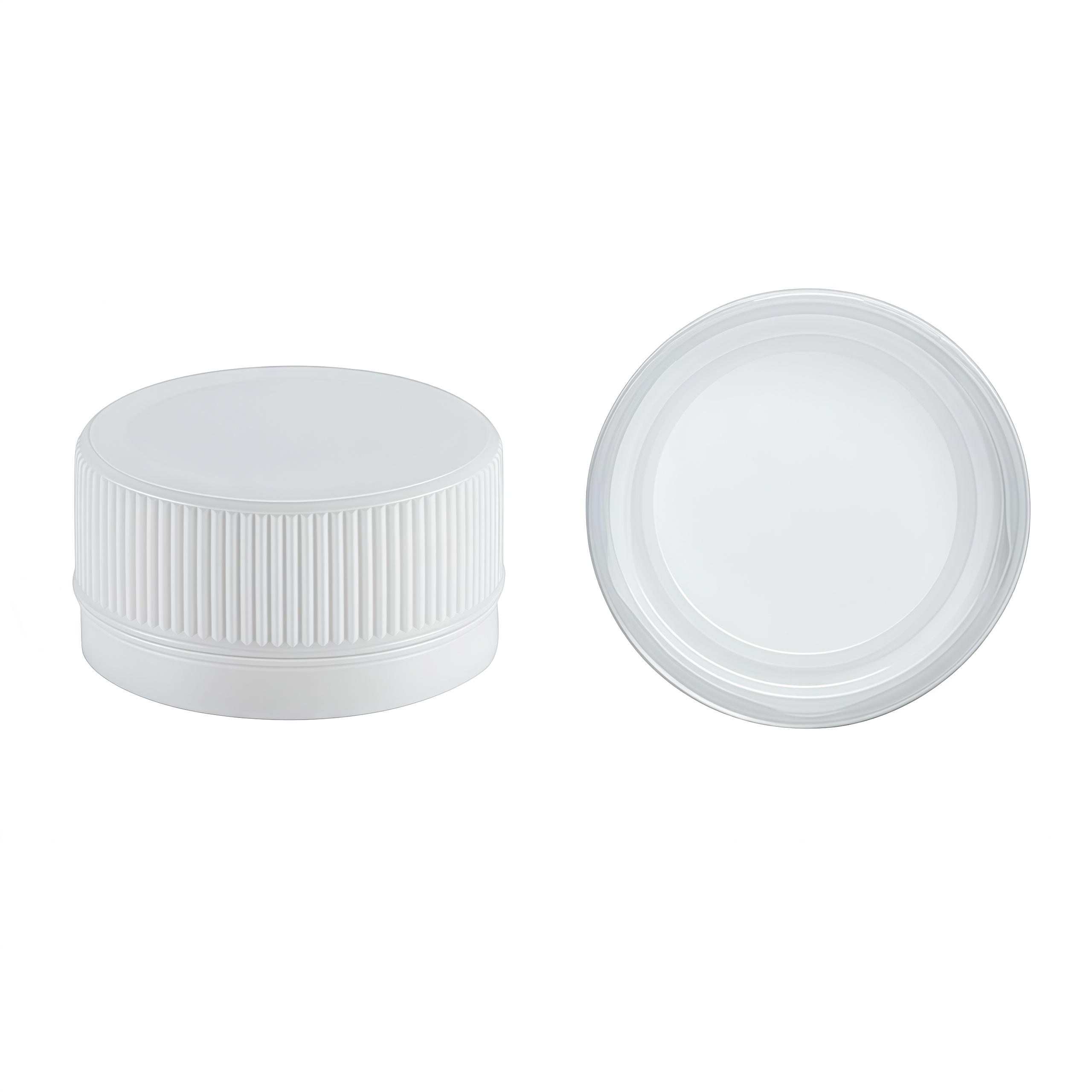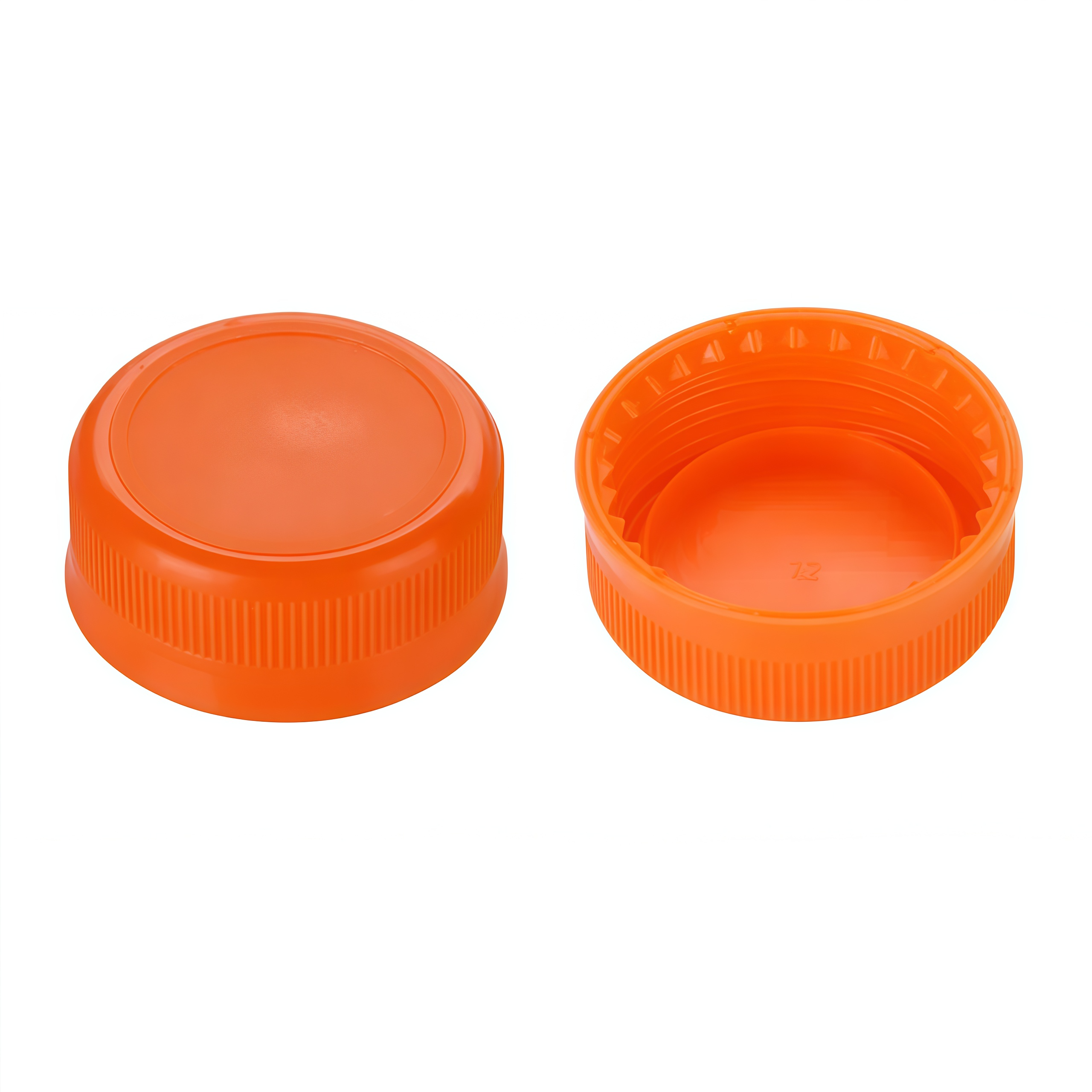How PET Preforms Are Customized for Hot-Fill, Cold-Fill, and Carbonated Beverage Applications
Different beverages place very different demands on their packaging, and the design of PET preforms plays a pivotal role in meeting those demands efficiently and reliably. A hot-filled juice product needs a container that can withstand elevated temperatures without deforming. A carbonated drink requires excellent pressure resistance to maintain shelf stability. And cold-filled water benefits from clarity and lightweight properties. The customization of PET preforms to match these specific applications is more than a design choice—it’s a carefully engineered process shaped by performance requirements, regulatory standards, and production efficiency.
Hot-fill PET bottle preforms must be formulated and processed to endure temperatures that can reach 85–95°C during filling. This is achieved by adjusting the molecular orientation and crystallinity of the preform. Through special heat-setting techniques during blow molding, manufacturers can create containers with enhanced thermal resistance. The preform’s design must also support paneling—the intentional structural flexing of bottle panels to accommodate volume shrinkage during cooling. Failing to design with these constraints in mind can lead to panel collapse, warping, or leaks.
In cold-fill applications, such as bottled water or ready-to-drink teas, the priority often shifts to clarity, lightweighting, and cost control. PET preforms for these products tend to have thinner walls and shorter cooling cycles during production. The clarity of PET makes it ideal for showcasing beverage appearance, and advances in stretch ratios during blow molding allow for highly efficient material use without sacrificing strength. These preforms don’t require the same level of heat resistance but must maintain dimensional stability during storage and transport.
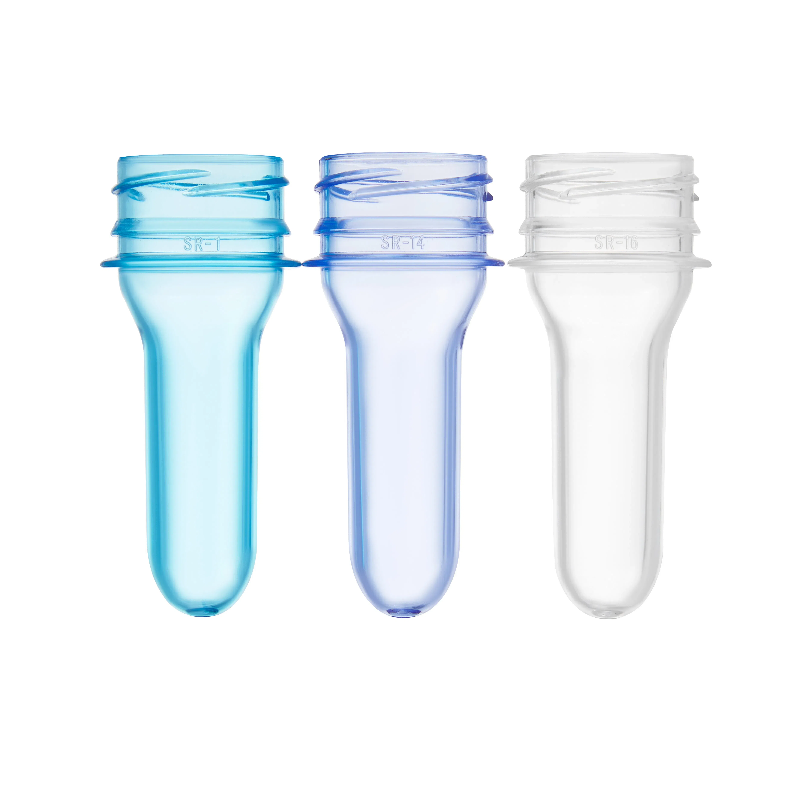
Carbonated beverages, like soft drinks or sparkling water, exert internal pressure that demands greater rigidity and sealing precision. The PET preforms used in these cases are typically heavier and designed with pressure-resistant bases, such as petaloid or champagne-style feet, once blown into the final container. Neck finishes must be tightly controlled to ensure perfect compatibility with carbonated-grade closures. Small differences in preform wall thickness distribution can result in variations in burst pressure, which is unacceptable for brands that ship across regions with fluctuating temperatures and altitudes.
To meet the expectations of international bottlers and contract packers, PET preform suppliers need to maintain flexibility in production and offer reliable technical support. Our facility is equipped to manufacture PET preforms in multiple neck finishes and weights, supporting bottle capacities from 250ml to 2.5L. We understand that customers require not only product reliability but also the ability to scale quickly, meet certification requirements, and minimize downtime on their filling lines. That’s why each preform design is backed by detailed mold data, compatibility testing, and batch traceability.
Designing PET preforms for diverse applications also involves resin selection. For hot-fill and high-clarity needs, a higher intrinsic viscosity (IV) resin is often selected to provide better mechanical properties. In carbonated use cases, barrier additives can be blended into the PET material to improve CO₂ retention. These adjustments are subtle but critical, and they must be balanced with blow molding parameters and end-use conditions. Our engineering team works closely with clients to tailor preform specifications that align with their beverage’s filling method, shelf life requirements, and regional regulatory constraints.
Transport and storage considerations also influence PET preform design. In hot climates, preforms must resist deformation during shipping and warehouse storage, especially for hot-fill and carbonated beverage types. Proper palletization, temperature-controlled storage, and packaging materials are part of the supply chain planning that ensures PET preforms retain their structural integrity before reaching the blow molding stage. This logistical insight is often overlooked, but it directly impacts downstream production performance.
With years of experience manufacturing and exporting PET preforms globally, we’ve developed a clear understanding of what different beverage categories demand from their packaging at every stage. Whether a client needs lightweight, crystal-clear water bottles or robust containers for sparkling drinks, our customized preform solutions are engineered to match. Reliable performance, scalability, and technical precision define our commitment to helping beverage brands succeed.
Let us help you optimize your packaging from the very first step—custom-engineered PET preforms designed to meet your beverage’s unique needs.



 English
English